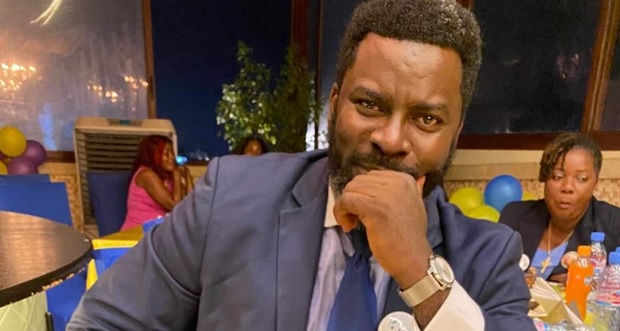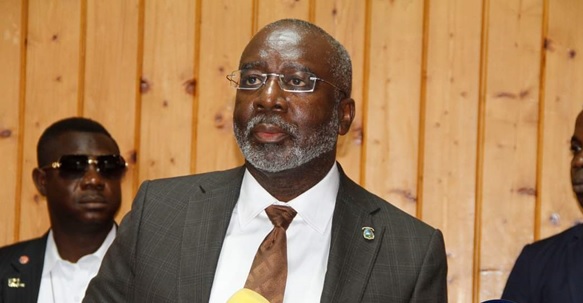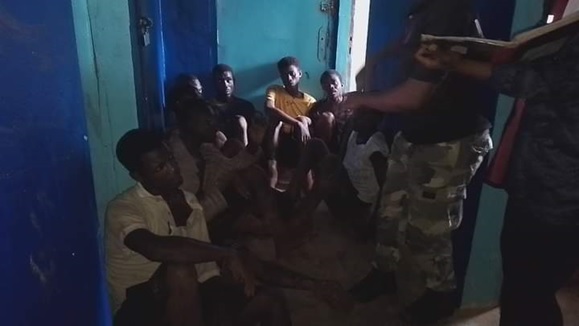MONROVIA – The Executive Branch, through the Monrovia City Corporation (MCC) headed by Mayor John-Charuk Siafa and the Civil Service Agency (CSA) led by Josiah Joekai, has come under heavy criticism for allegedly dismissing civil servants for political reasons. This controversy surrounds the recent termination of three employees—Richard Singbeh, Alpha G. Gray, and Boye Kokoi—who were dismissed for expressing dissent against the leadership of President Joseph Boakai.
The firings have sparked a public outcry, with allegations surfacing that Mayor Siafa, who is rumored to be related to President Boakai, is using his position to silence perceived political opponents within the MCC. It is alleged that those who voice opposition to the President’s administration are being unfairly targeted and dismissed.
This move has drawn sharp criticism from civil society and political figures, who view the dismissals as a dangerous precedent. The Executive Director of the Center for Transparency and Accountability in Liberia (CENTAL), Anderson D. Miamen, issued a stern rebuke, emphasizing the importance of protecting civil servants’ rights to free speech. “Dismissing people for exercising their rights to speak out or express themselves? Really?” Miamen wrote in a letter, calling the action “ill-advised” and a sign of intolerance within the Boakai-Koung administration.
Miamen further argued that civil servants who support the administration are allowed to do so without facing consequences, but those who criticize it are being labeled as political opponents. He urged the MCC and CSA to reverse the dismissals, warning that the affected employees could seek legal recourse.
Adding to the chorus of condemnation, Montserrado County Senator Abraham Darius Dillon denounced the actions of the CSA, stating, “Recommending the dismissal of civil servants for voicing out on governance issues? Wrong move! Should not be encouraged!” Dillon’s comments reflect growing concern about the government’s commitment to upholding free speech and democratic values.
Journalist Charles Yates echoed these sentiments, pointing out that the Unity Party (UP), which came to power with promises of reform, should avoid repeating the mistakes of the past. “It was wrong yesterday, and it is wrong today,” Yates said. “CDC was dead wrong for going after people who disagreed with their government, and UP too is equally dead wrong for going after people who disagree with them.”
Former Representative Acarous Moses Gray also weighed in, accusing Mayor Siafa of violating the constitutional right to free expression. He criticized the Mayor for dismissing employees without following proper legal procedures. Gray emphasized that the Code of Conduct (COC) mandates the Office of the Ombudsman to handle such complaints, and that Siafa’s failure to follow this process constitutes a violation of the law.
Mayor Siafa, for his part, justified the dismissals by citing Section 6.2 of the Code of Conduct and Section 1508 of Liberia’s labor law, which allows for the dismissal of employees under certain conditions. However, critics, including Gray, argue that the 2015 Decent Work Act supersedes the labor law referenced by the Mayor and that his actions represent a misapplication of legal standards.
The controversy highlights broader concerns about the direction of governance under the Boakai administration. With many calling for a reversal of the dismissals, the situation continues to raise questions about Liberia’s commitment to democratic principles, particularly in the area of free speech.
As public scrutiny intensifies, the Boakai administration faces mounting pressure to demonstrate that it is not stifling dissent. Whether through legal challenges or policy changes, the future of these dismissals may set an important precedent for the protection of civil liberties in Liberia.







